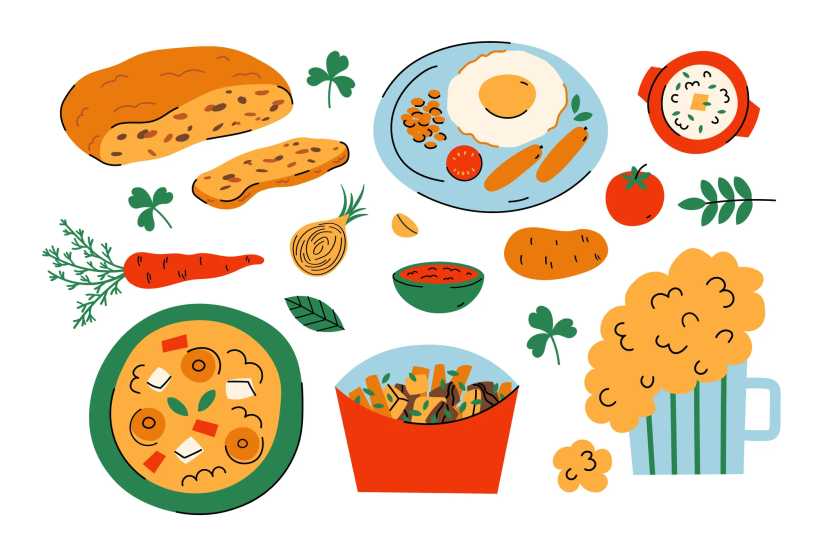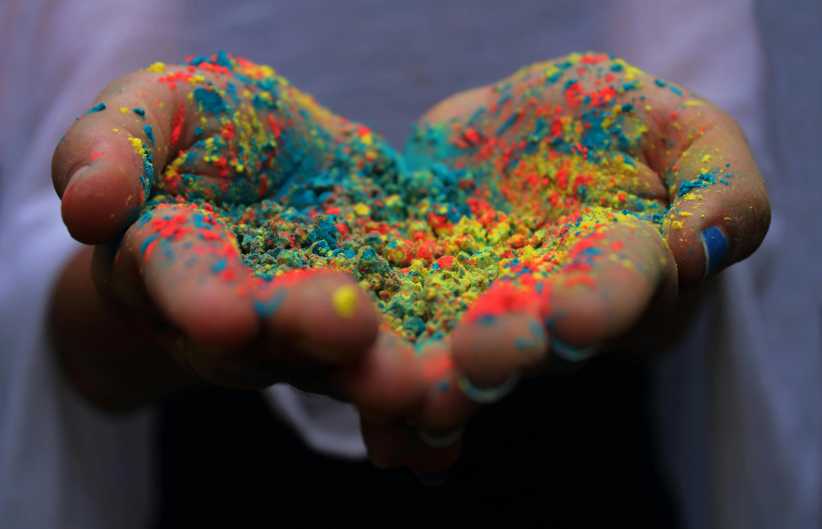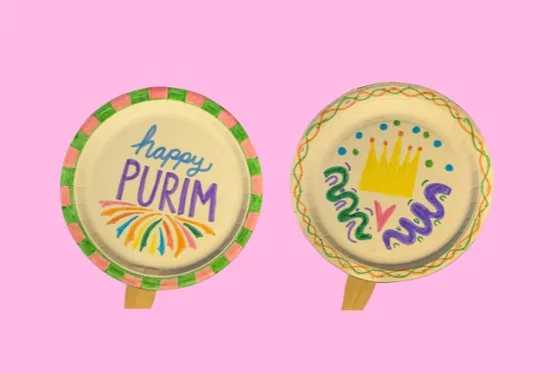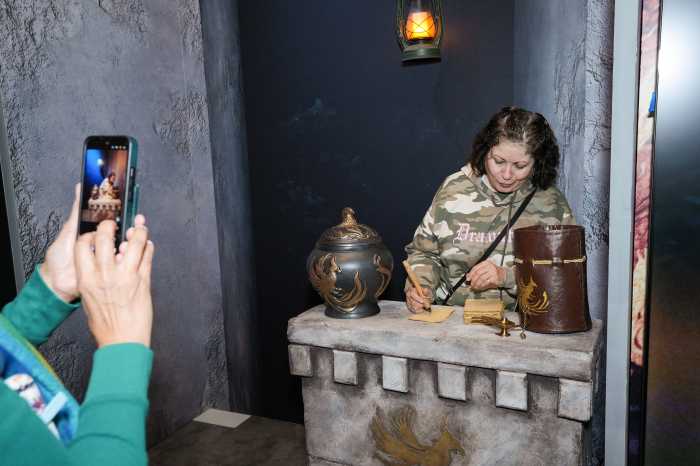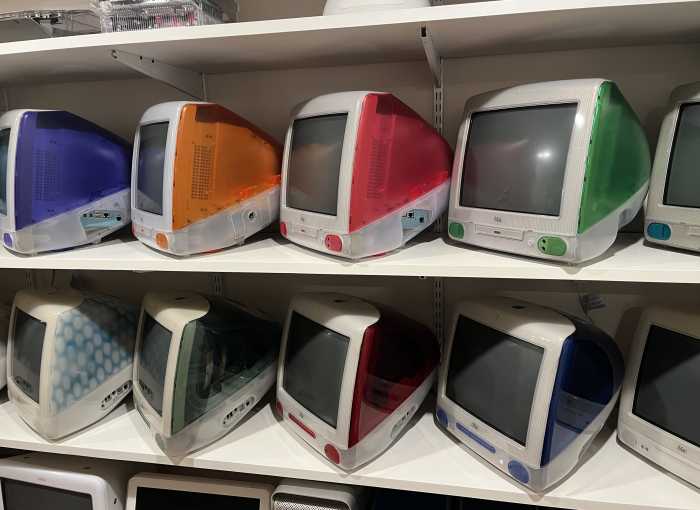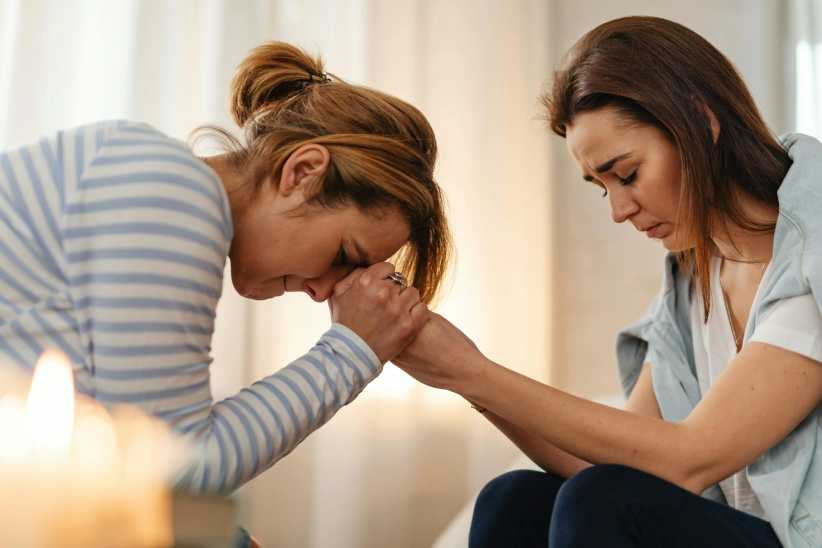
How to Celebrate Mother’s Day While Navigating the Mother Wound
Mother’s Day isn’t always a time of celebration.
Mother’s Day is not always a time of celebration. For many, the day can be filled with a complex river of emotions: grief, sadness, anger — the list goes on. Personally, Mother’s Day was always a bit somber for my household. My mother was a single parent, and while we tried our best to show her we loved her, there’s only so much a six and seven-year-old can do without a job or a full understanding of the sadness she may experience celebrating the holiday alone.
Psst… Check Out Delectable Mother’s Day Brunch Spots in NYC
My experience was not linear, but it was rooted in sadness. However, for some people, the day is a stark reminder of the difficult relationship they may have with their mother, and the wound that often rips open on what is supposed to be a day of celebration.
Understanding the Wound
“The mother wound would best be summarized as a lack of a maternal presence in one’s life or a history of a negative relationship with one’s maternal figure,” says Valentina Guzmán Orozco, Certified Doula and Parent Coach at MissPoppins. “Things such as lack of support, empathy, nurturing, and presence from a maternal figure can greatly impact the development of the mother wound.”
The mother wound often occurs when a person’s maternal figure cannot meet their emotional needs — whether it be comfort, emotional regulation, or the simple yet complex feeling of love, the absence of such creates a lasting effect on the psyche, further distancing a mother from her child.
“My feelings for my mother are complex and sometimes fraught. They have a loving, solid core and years of shared history connecting them, but they have not always been the easiest at connecting deeply emotionally. As I’ve gotten older, I’ve begun to see both our dynamics’ strengths and limitations.”
Cameron Walker, Manager of the Agent Network at Clever Real Estate, didn’t realize his mother’s wound developed until he was in his 20s. The time of trial and error in a young person’s life, when they walk to the beat of their drum, is a time when many rely on their maternal figure for comfort and guidance, but for Walker, it was a time to step away.
“I started to become more of my own person, separate from the Wantland family expectations. Going my own way, deciding for myself, away from home, created a strain where, before, there was a more typical parent-child relationship,” he said.
Walker isn’t alone in his woes with his mother. While we may turn to our maternal figure for help, we often do not realize that at times, they did not have the capacity to be a parent. According to a 2023 study conducted by the Pew Research Center, 62% of parents say being a parent has been at least somewhat harder than they expected, with 26% saying it’s been a lot harder. Mothers are more likely to express this view, with 30% saying it’s been a lot harder compared to 20% of fathers.
“It took becoming a true adult myself where my perspective of my mother to change. I realized that at 34 with no children, I’m still trying to figure it out. No responsibilities and I still struggle daily,” says Tee Sanders, comedian, social media influencer, content creator, and author, whose mother struggled to show grace, softness, or verbal love.
Sanders grappled with not receiving the core comfort from her mother, but as she aged, she realized that motherhood is not so linear. “By the time my mom was my age, she’d had four kids. I couldn’t imagine having four people depending on me to ‘get it right the first time’.
Navigating Grief
For some, Mother’s Day not only comes with the emotional loss of a maternal figure, but the physical loss as well. Nasaura Miles, Community Architect and Engagement Lead at the California Coalition for Black Birth Justice, lost her mother to breast cancer. While their relationship was complex, the grief that overwhelmed her on Mother’s Day was greater.
“For me, it’s not estranged—it’s absence. Some years, I’ve ignored the day completely. Other years, I’ve gone to the beach where her ashes were spread—her favorite poem was Footprints in the Sand,” she recalled. “I hold her pictures. I cry. I remember. This year, I might attend a Birthfund event and give myself space to feel it all. It doesn’t get easier, but I’ve learned to meet the day with grace.”
Kevin Sherrod, Art & Culture Practice Area Leader, Gensler, LA (Associate) and Assistant Professor, USC School of Architecture, navigated a convoluted relationship with his mother. Though she was not absent, his mother was neither present, leaving him to be raised by his grandmother. The shift in his relationship with his mother unfolded gradually as he navigated being in elite academic spaces in the urban Philadelphia neighborhoods, and made him appreciate the maternal guidance from his grandmother.
“My grandmother became my compass. When you don’t grow up with a traditional mother-child dynamic, you mature quickly. You also become deeply attuned to who consistently shows up—and why that presence matters,” he explains.
Practicing Forgiveness
Forgiveness is one of those things that is often preached but not taught, recommended but not spoken about. Forgiveness is often one’s version of asking someone to quietly sweep the wrongdoings under the rug and move on with quiet hesitation. On Mother’s Day, the urge to forgive can be silent as the body and mind scream in reluctance, resentment, and pain, but it is that forgiveness that is practiced loudly with healing conversations that help minimize the mother wound.
Tamaira “Miss Tee” Sandifer, founder and CEO of Studio T Arts & Entertainment (STAE), was all too familiar with the feeling of resentment. She struggled as she watched her mother have several children at a young age, and with an abusive husband.
“Growing up, I watched my mother struggle. She often made decisions that positioned us children in compromised situations. As a kid, you don’t fully understand how the person who should be most protective of you could be so elusive when it came to the expressed responsibilities that create the infrastructure to protect you,” the founder explained. “For decades, I blamed my mother, and our adult relationship still held hurt, which only made me more distant and determined to grow.”
As Sandifer continued to age and grow, she became a mother herself, providing a new perspective on motherhood and the wound left behind by her mother.
“When I began to see some of my mom’s abusive tendencies—anger, yelling, etc.—start to play out in my relationship with my children. I had made a commitment to myself that I would do things differently, but I was challenged by the fact that you can’t do better until you know better,” she admitted.
“And I had to admit, I didn’t know better. For the past 19 years, I’ve gotten therapy, mentoring, and done a lot of self-study. This has helped me identify the source of some of my responses, as well as develop different reactions to high-stress and challenging situations.”
Celebrate Yourself
Experts recommend spending Mother’s Day with self-care and love, to replace what you never received in your childhood.
“Write a letter to your mom expressing your feelings and identifying what caused your mother wounds. Spend the day in an environment that brings you joy. Set boundaries with family members as to what you will or will not participate in this day,” says Orozco. “Reimagine what Mother’s Day is to you. Allow this day to become a day of “self-mothering” to nurture and care for yourself.”
For others, the day is a simple reminder that we can all do better.
“I believe many of us carry a version of the ‘mother wound.” Our parents shape us, but they don’t define us,” says Sherrod. “It’s up to each of us to decide how we show up in the world. And while we may not all start from the same place, the principles we hold—integrity, care, and community—can be tools for resilience and transformation.”
Psst…Check Out New York Family Mother’s Day Gift Guide 2025


